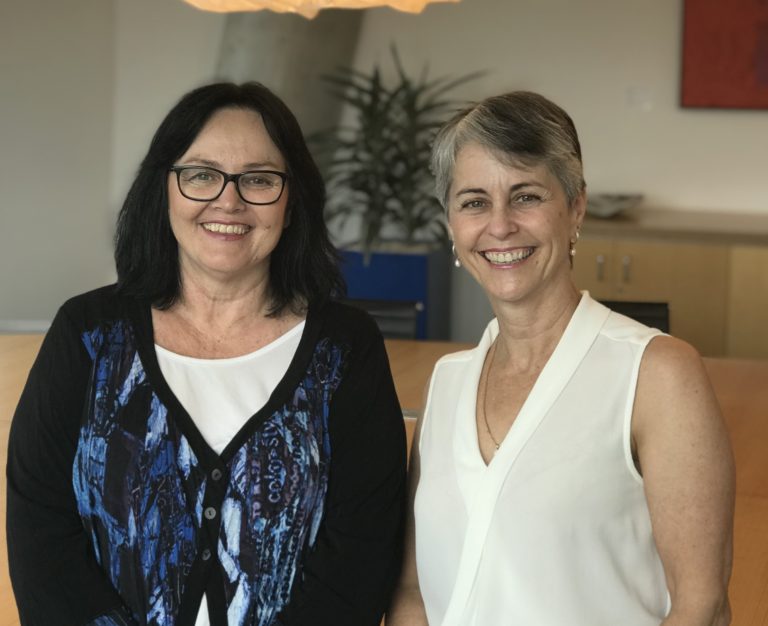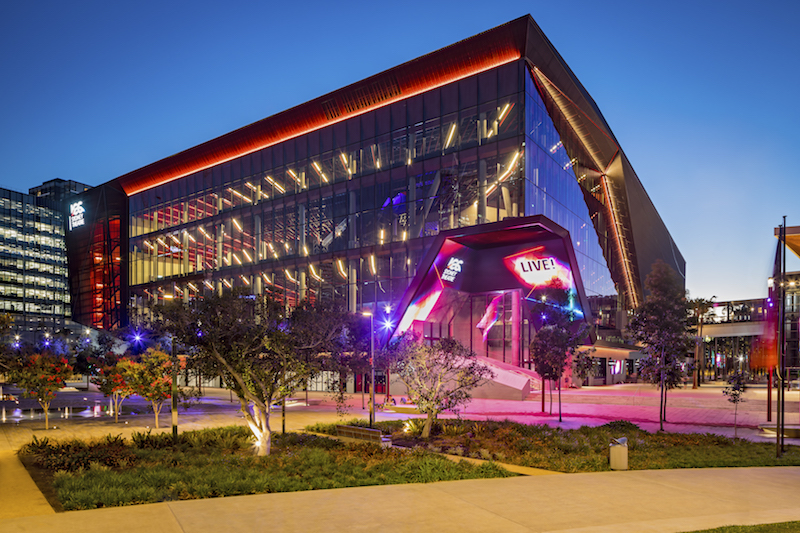
How two academics convinced politicians to put business events at the heart of economic planning
By Cheryl Malone
When Business Events Sydney (BESydney) threw down the gauntlet in search of ways to determine conference benefits beyond tourism, a small group of academics, unknown to the meetings industry, rose to the challenge.
That was nearly a decade ago, and the work they’ve done so far has not only provided BESydney with the tools to identify and measure the less-tangible values of business events for host destinations; it’s redefining how conferences and meetings are organised, funded, marketed, consumed and evaluated across the globe.
Associate Professors Carmel Foley and Deborah Edwards from the University of Technology, Sydney – who are keynote speakers at the inaugural Business Events Leaders’ Summit at the SEC in Glasgow on March 21 – are leading the way in the quest to quantify what many thought immeasurable.
“BESydney believed conferences gave host destinations a lot more than just a financial boost from tourism, but there was no evidence or methodology available to prove it. They provided a small amount of funding and they wanted it yesterday, but it was just that challenge that excited us,” said Foley.
The academics then built five case studies focusing on the contributions and outcomes of conferences for delegates, industry, the community and other stakeholders.
“We started to see that the ‘bums on seats’ mentality and counting tourism dollars were the overt yardsticks used to evaluate success, but they were just the tip of the iceberg in terms of conference outcomes. The rest was so much more powerful and so much more significant. We presented them with our report and they were over the moon,” added Foley.

BESydney took the report to the NSW State Government, which at the time was deliberating over whether to go ahead with funding and approval for Sydney’s $1.5bn International Convention Centre (ICC).
“They’ve told us it was our little report that sealed the deal,” she said. “Apparently they felt the report demonstrated just how valuable conferences really were to the NSW community and signed off on it.”
Once the benefits of the relationship between industry and research were clear, more formal and directed research projects were initiated.
IN OCTOBER last year, the academics’ book, ‘The Power of Conferences – Stories of serendipity, innovation and driving social change’ was published to help them share what they’d learned with the international community, and in March the ‘academic duo’ are looking forward to sharing their insights with delegates at the Business Events Leaders’ Summit in Glasgow.
Edwards says whilst attracting new money may be the most striking benefit of conferences for host destinations initially, it is just one of the many that can be derived for individuals, industry, government agencies and the wider destination community if events are organised to obtain greatest leverage.
“We just love this industry,” Edwards said.
Foley adds: “If I can’t be one of the amazing people discovering cures for diseases or the secrets of the universe, then the next best thing I can do is to support the meetings and conferences that have played a role in assisting their work”.
And for Edwards it’s the ‘ah ha!’ moments one can experience at a conference, and there would be few who hadn’t had such a moment.
“What our book shows is that those moments of serendipity can lead to truly great outcomes,” she said.
Before the research was undertaken, Foley said business events and conventions were generally included only as an ‘afterthought’ in the government’s tourism portfolio and were evaluated only in terms of tourism dollars generated.
She said BESydney now uses the research to help governments recognise that the sector should be under trade, innovation and industry portfolios – rather than simply tourism.
“The government’s vision for events has shifted,” Foley said.
“They are now much more aware of the full value of business events and BESydney are becoming highly effective in terms of ‘educating’ relevant politicians about those values and connecting with trade ministers and their staff.
“The only trouble is when governments or cabinet members change, that education process has to start over, so this understanding really needs to permeate throughout the whole community until it’s just common knowledge.”
BESYDNEY itself has also responded to the findings, and have restructured their organisation so that bid teams are aligned with key NSW industry sectors rather than traditional tourism objectives.
Edwards and Foley are confident their research has had a significant impact on the industry already and that the research investment BESydney has made has paid dividends.
“The industry in NSW is now armed with quality data and information to help them educate decision-makers about the full extent of the value of conferences,” Edwards said.
“They’re also celebrating their Ambassadors’ stories about how conferences have helped them achieve their own goals, and they’re using those stories in their marketing.
“Even more significant is their focus on targeting conferences that are linked to key industry sectors, which is proving a very successful strategy.”
Edwards says their research now has new frontiers to explore. “In writing the book we discovered that no clear business model for the business events sector has been established,” she said. “There were models out there, but they weren’t fully documented.”
THEY PROVIDED one in the book and will develop it further over coming months. The pair have also undertaken some preliminary studies on people taking time out from conferences.
“We’re interested in why some people don’t attend the full conference, and the effect this has on the conference and the destination,” she said. “We have an open mind on what the findings will be.”
She added: “We think there are going to be both positive and negative outcomes because by doing things other than sitting in presentations (such as shopping, sightseeing, and dining out) people may spend more in the destination, which is great for local firms.”
She also said it was no surprise some delegates took time out from conferences, adding: “Destinations like Scotland just have so much to offer visitors – it’s natural they’ll make time to see and do what they can.”
“But that makes estimating attendance numbers at lunches, dinners and afternoon teas more difficult and can lead to food wastage and the like, so there will be consequences.
“But what’s important is to do the research and be clear about what those consequences are.”
Another area they are interested in exploring is the role of social media and technology in transforming the way conferences are delivered and operate.
“When Kindle was launched in 2007 the demise of the bookshop was predicted,” she said. “Certainly, booksellers had to adjust, but today you see bookstores returning, and in the same way, we feel the sector will have to respond to technological advancement.”
BUT SHE and Foley believe nothing can take the place of people meeting real people in real settings particularly when it is in ones like the Glasgow’s newly-launched SEC Meeting Academy.
“There’s currently no replacement for the camaraderie and sense of community that can develop around conferences, or the appeal of engaging face-to-face with peers,” Edwards said.
“Indeed, technology may accord the sector any manner of new and exciting opportunities. But doing this in the right environment is critical
“There’s just so much for the sector to learn from each other that can help them improve their systems and processes.”
Foley said whilst the early motivator for her and Edwards was the challenge of breaking new ground, it’s now the importance of establishing ways to maximise conference legacies that inspires them.
“Some of the ‘long-tail’ outcomes can be so powerful, as we know from the stories in our book,” she said.
“I often find myself wondering just how much potential is being wasted because people still don’t really understand the power of conferences or the importance of legacy-building.
“If we can do anything in terms of making conferences more effective I think that’s really worthwhile.”

